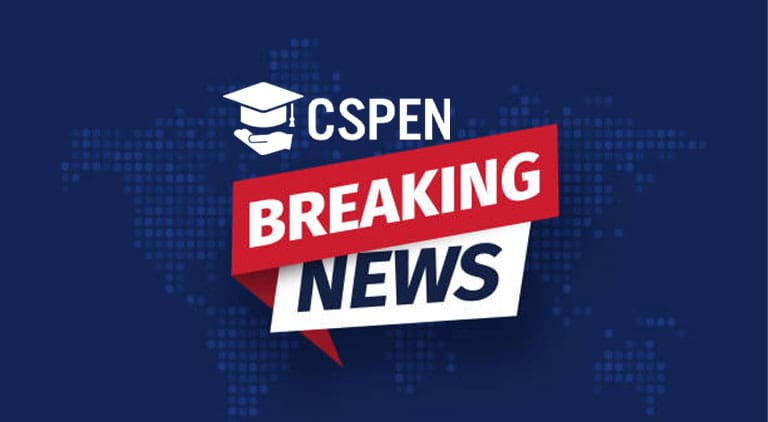
Department of Education Reverses Course On Major Portions of the Program Integrity and Institutional Quality Regulatory Revision
Overview
In an official announcement (www.ed.gov/about/news/press-release/us-department-of-education-releases-final-rules-improve-distance-education-reporting) released earlier today, December 30, 2024, the U.S. Department of Education announced the release of Final Rules on portions of the 2023-2024 Federal Negotiated Rulemaking – Program Integrity and Institutional Quality deliberations. As stated in the press release, the Department has submitted to the Federal Register a package of regulatory revisions (public-inspection.federalregister.gov/2024-31031.pdf) on Distance Education requirements, Federal Return of Tile iV Funds (R2T4) calculations, and eligibility requirements for Federal TRIO program funds. The Federal Register will review the regulations and publish them officially to Friday, January 3, 2025.
The Department summarized the Final Rules on each topic as follows:
Distance Education
The Department’s Final Rule improves reporting on distance education and correspondence courses. “Starting July 1, 2027, the final rules require institutions to report information into the National Student Loan Data System (NSLDS) about which students who received Federal financial aid are enrolled in distance education or correspondence courses. These data will help the Department better understand the outcomes and effectiveness of online learning.”
The Department continues, “collecting information on students in distance education courses through NSLDS received greater support from institutions than a second way to get this information proposed in the draft rules. Accordingly, the Department is not moving forward with that second proposal, which would have required institutions to report all of their fully online programs at a virtual additional location. By setting the implementation date for NSLDS reporting in 2027, the Department is also providing schools the time needed to comply with this requirement.”
The Department’s release also states, ”the Department is not at this time moving forward with a proposal to disallow the offering of asynchronous clock-hour programs through distance education. However, we remind institutions that asynchronous clock hours cannot be used for homework and that there must be robust verification of regular and substantive interaction with an instructor.”
(NOTE: While the reporting requirements will not go into effect until 2027, the changes with respect to the other revisions to distance education requirements, as well as the R2T4 and TRIO program changes will go into effect July 1, 2026.)
R2T4
The Department says, “rules related to the Return of Title IV Funds (R2T4) when a student withdraws, meanwhile, increase the accuracy and simplicity of performing R2T4 calculations; address unique circumstances for what constitutes a withdrawal; and codify longstanding policies into regulation. In particular, they create a new optional process for institutions to avoid conducting R2T4 calculations when they treat the student as never having been enrolled, when certain conditions are met. They also allow for flexibilities to schools leave of absence policies in order to increase retention for students who are incarcerated that have unforeseen interruptions to their eligible prison education programs.”
There is a cavate contained within this portion of the Final Rule. As noted in the release, “the Department is giving institutions the option to early implement the withdrawal exemption leave of absence modifications for students who are incarcerated starting in 30 days.”
TRIO
Under TRIO, the Final Rule “adjusts the eligibility for Federal TRIO programs, allow borrowers who never began attendance to repay amounts owed as a loan instead of a lump sum, and require online programs to take attendance.”
What’s Next
CSPEN is very pleased to see that the Department took to heart the comments shared by many interested parties regarding concerns with portions of the distance education proposal which were contested throughout the actual negotiations but were still contained within the Notice of Proposed Rulemaking. The Department acknowledged the public comments in the release as well, sharing that “the Department refined these final rules based upon extensive public comment on a notice of proposed rulemaking.” Concluding, that in consideration of the comments, “the Department decided to not move forward with a number of provisions in the draft rule to allow for greater additional study and consideration.”
CSPEN is already in the process of developing a comprehensive review of the Final Rule package and will share the details with the community on next week’s CSPEN Federal Legislative & Regulatory Update webinar along with a great deal of other information to catch you up on with the conclusion of the 118th Congress and planning already underway for the beginning of the 118th Congress.



